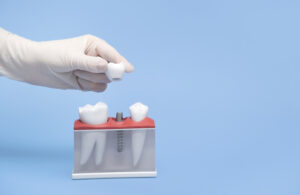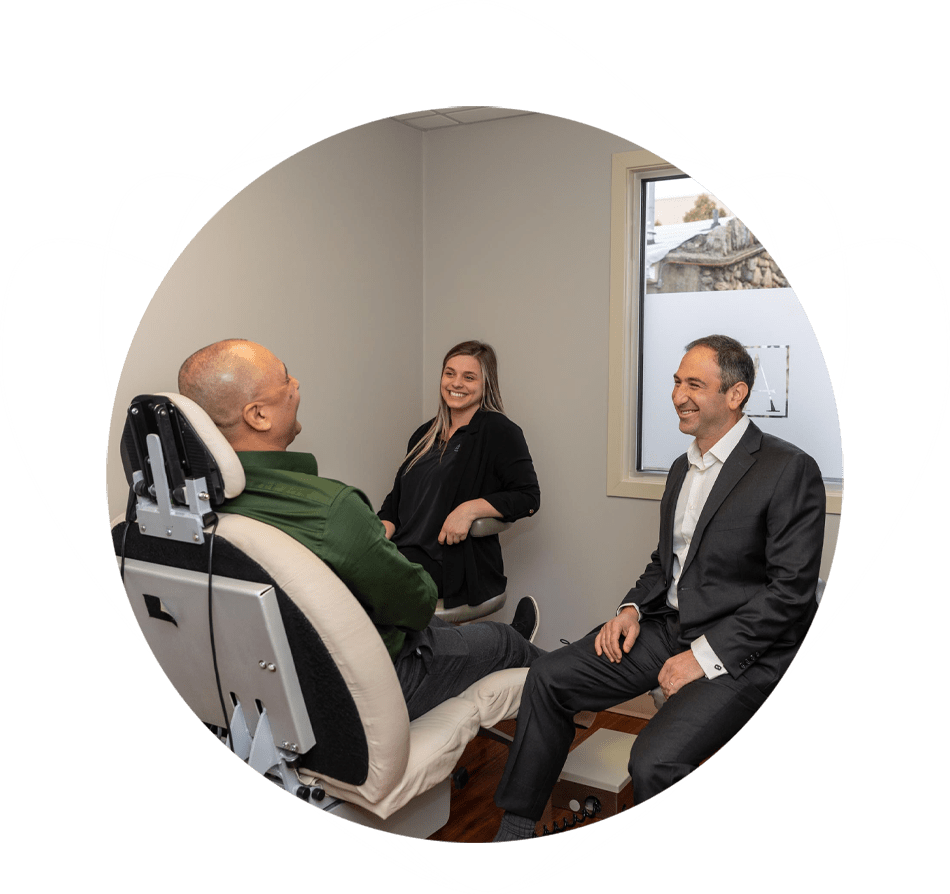The body is a remarkable combination of unique and specialized tissue, many of which can neither be repaired, regrown, or replaced. This includes the cartilage in the temporomandibular joint, which can be damaged or destroyed in temporomandibular joint disorder (TMJ). Although researchers are working to develop a synthetic replacement, there is currently nothing like it available.
What Makes This Cartilage Special?
Researchers at the University of Delaware recently received a grant to try to develop a synthetic replacement for the the cartilage in the temporomandibular joint. The project brings together researchers from three disciplines: mechanical engineering, materials science and engineering, and chemistry and biochemistry. This partnership reflects the complex mechanical demands that are placed on the cartilage of the temporomandibular joint, and the unique adaptations necessary to make the joint function properly.
The temporomandibular joint has a unique range of motion compared to other joints in the body. The joint isn’t simply a hinge, but incorporates all the motion of a ball-and-socket joint as well as an ability to tip, tilt, and slide as necessary for chewing, speaking, breathing, and other functions the jaw is called on daily to support.
To accommodate this wide range of motion, the condylar cartilage has a special structure. In a simple joint like your fingers, translucent, soft hyaline cartilage coats the bone tissues while the disk between the bones is made up of fibrocartilage. In the temporomandibular joint, the articular disk has a surface of fibrocartilage, with softer, flexible hyaline cartilage in the middle. This composite structure helps the condylar cartilage flex, slip, and slide around the temporomandibular joint as necessary.
Researchers at the University of Delaware are trying to use a biomimetic matrix to encourage stem cells to grow a new disc with the same composite structure so that we could grow replacements for the natural condylar cartilage disk, rather than relying on synthetic replacements that have a less-than-stellar performance record.
We Work to Preserve Your Cartilage
Although this research is moving in a promising direction, it will likely be years before it is available. In the meantime, the only good option we have is to try to prevent the destruction of your natural cartilage.
When you begin experiencing symptoms of TMJ, your joint is under pressure and it may be degenerating. We can help relieve that pressure, make your bite more comfortable, and hopefully preserve your condylar cartilage.
If you are looking for relief from TMJ symptoms and want to prevent degeneration of the joint structure, please call (914) 526-2144 for an appointment with a Westchester County TMJ dentist at Advanced Dentistry of Mohegan Lake.





